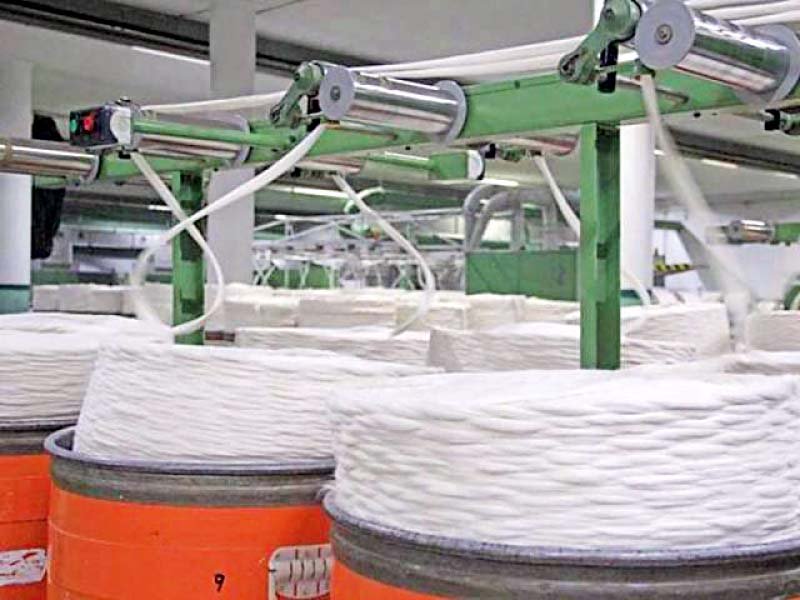
“Considering the problems the textile industry is facing, we have decided to stage protest in Islamabad after Eid,” Inam said while talking to reporters at the Aptma House on Saturday.
Aptma, which is among most powerful business lobbies in Pakistan, has been consistently demanding that the government implement the Rs180-billion export growth package announced in January 2017.
Analysts were optimistic that the growth package would pacify the textile exporters and they would be able to boost their exports. However, an increasingly confrontational tone of Aptma indicates that the influential lobby is not at all satisfied with the current situation.
Pakistan’s textile exports slipped 0.92% year-on-year to $10.29 billion in the first 10 months (July-April) of the current financial year, according to data compiled by the Pakistan Bureau of Statistics.
Though textile exporters have been complaining non-stop and seeking incentives, the government has further enraged them by increasing the turnover tax from 1% to 1.25% in the federal budget for 2017-18.
Aptma people at the press conference decried that the government’s policy of withholding sales tax refund claims of exporters was proving deadly because it was causing severe liquidity crunch for them.
“We are taking expensive loans from banks to meet our liquidity needs, but the government is not releasing our sales tax refunds on time,” said Fawad Anwar, Managing Director of Al Karam Textile Mills - one of the country’s leading composite mills. The textile millers urged the government to implement the sales tax zero-rated regime in its true spirit. They also called for protecting the domestic industry from large-scale imports of textile products from India and China.
They argued that none of the China-Pakistan Economic Corridor (CPEC) projects was export-specific, which should be a cause for concern because Pakistan’s imports were rising while exports were on the wane.
Meanwhile, Aptma Chairman Aamir Fayyaz launched a protest drive aimed at restoring viability of the textile industry.
Protesters in Aptma offices in Lahore, Karachi, Multan, Faisalabad and Peshawar chanted slogans against what they said was the hostile attitude of government policy-makers, saying the anti-industry, anti-investment and anti-export behaviour was detrimental to the viability and sustainability of textile industry in Pakistan.
Banners reflecting the worst condition of the textile industry and placards carrying slogans against Finance Minister Ishaq Dar were displayed on the occasion. The protesters also burnt Indian yarn and fabric outside the Aptma office in Lahore.
“Mere announcements will not help increase exports unless words are translated into deeds,” the Aptma chairman remarked while referring to the export growth package.
He cautioned that Pakistan’s trade deficit was swelling to $32 billion with imports rising to $52 billion compared to exports of less than $20 billion in the current financial year.
“Besides the growth strategy and release of refunds, the government should remove surcharges from the electricity tariff that cannot be exported to the international market,” he said, adding the government should also supply both domestically produced gas and imported liquefied natural gas (LNG) at Rs400 per million British thermal units without levies and the gas infrastructure development cess.
Published in The Express Tribune, June 18th, 2017.
Like Business on Facebook, follow @TribuneBiz on Twitter to stay informed and join in the conversation.

















COMMENTS
Comments are moderated and generally will be posted if they are on-topic and not abusive.
For more information, please see our Comments FAQ